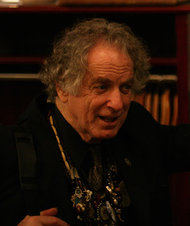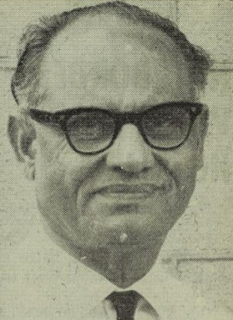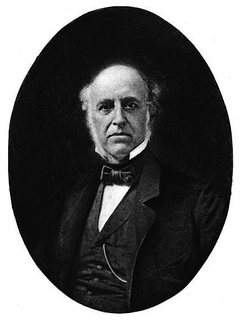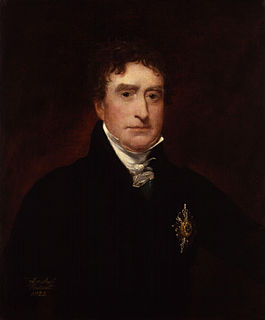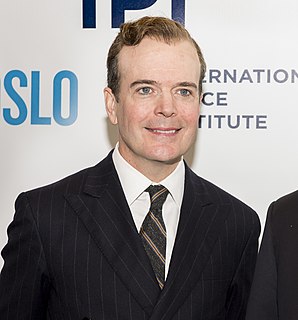Top 1200 World Literature Quotes & Sayings
Explore popular World Literature quotes.
Last updated on April 14, 2025.
That love is a conflict seems to me obvious and natural. There isn't a single worthwhile work in world literature based on love that is only about the conquest of happiness, the effort to arrive at what we call love. It's the struggle that has always interested those who produce works of art - literature, cinema or poetry.
It has seemed to me that literature, as I meant it, was embattled, that it was increasingly difficult to find writing doing what I thought literature should do - which was simply to push people into changing their ideas about the world, and to go further, to encourage us in the work of changing the world, to making it more just and more truly human.
Most British playwrights of my generation, as well as younger folks, apparently feel somewhat obliged to Russian literature - and not only those writing for theatres. Russian literature is part of the basic background knowledge for any writer. So there is nothing exceptional in the interest I had towards Russian literature and theatre. Frankly, I couldn't image what a culture would be like without sympathy towards Russian literature and Russia, whether we'd be talking about drama or Djagilev.
No one spoke in terms of children's literature, as opposed to adult literature, until around the 1940s. It wasn't categorised much before then. Even Grimm's tales were written for adults. But it is true that ever since 'Harry Potter' there has been a renaissance in fantasy literature. J. K. Rowling opened the door again.
In America there is really very little knowledge of the literature of the rest of the world. Of the literature of Latin America, yes, But that's not all that different in inspiration from that of America, or of Europe. One must go further. You don't even have to go too far in terms of geography - you can start with the Native Americans and listen to their poetry.
In many parts of the world, including the Arab world, the Latin American world, and even parts of the Western world, there is a tradition of writers being quite engaged. Particularly in the Arab world you have had very, very strong traditions of literature and poetry and most of the writers have been deeply committed to the cause of the Arab nation.
Literature cannot develop between the categories "permitted"—"not permitted"—"this you can and that you can't." Literature that is not the air of its contemporary society, that dares not warn in time against threatening moral and social dangers, such literature does not deserve the name of literature; it is only a facade. Such literature loses the confidence of its own people, and its published works are used as waste paper instead of being read. -Letter to the Fourth National Congress of Soviet Writers
There is a clear acknowledgement all over the world that we should not teach people to read and then to leave them without literature. For they would then relapse into a dreary and ultimately dangerous state of half-education, in which they would be easily satisfied by crude semi-pictorial approximations of the strip cartoon and by the abundant supply of degenerate literature which destroys, rather than promotes, a capacity to face the problems of the world with skill and courage
It seems to me that literature is giving way a little bit to the immediacy of other diversions, other forms of entertainment. What will it be in fifty years? I don't know. Will there be printed books? Probably, but I'm not sure. There's always going to be literature, though. I believe that. I think literature has a way of getting deep into people and being essential. Literature has its own powers.
One task of literature is to formulate questions and construct counterstatements to the reigning pieties. And even when art is not oppositional, the arts gravitate toward contrariness. Literature is dialogue: responsiveness. Literature might be described as the history of human responsiveness to what is alive and what is moribund as cultures evolve and interact with one another.
Books should confuse. Literature abhors the typical. Literature flows to the particular, the mundane, the greasiness of paper, the taste of warm beer, the smell of onion or quince. Auden has a line: "Ports have names they call the sea." Just so will literature describe life familiarly, regionally, in terms life is accustomed to use -- high or low matters not. Literature cannot by this impulse betray the grandeur of its subject -- there is only one subject: What it feels like to be alive. Nothing is irrelevant. Nothing is typical.
Christ and the life of Christ is at this moment inspiring the literature of the world as never before, and raising it up a witness against waste and want and war. It may confess Him, as in Tolstoi's work it does, or it may deny Him, but it cannot exclude Him; and in the degree that it ignores His spirit, modern literature is artistically inferior. In other words, all good literature is now Christmas literature.
Literature can no longer be either Mimesis or Mathesis but merely Semiosis, the adventure of what is impossible to language, in a word: Text (it is wrong to say that the notion of 'text' repeats the notion of 'literature': literature represents a finite world, the text figures the infinite of language).
In my first class at the University of Kentucky, my American Literature professor came in, and the first sentence out of his mouth was "The central theme of American Literature is an attempt to reconcile what we've done to the New World." wrote that down in my notebook, and thought, "What is he talking about?" But that's what I think about now. The New World and what we've done to it.














